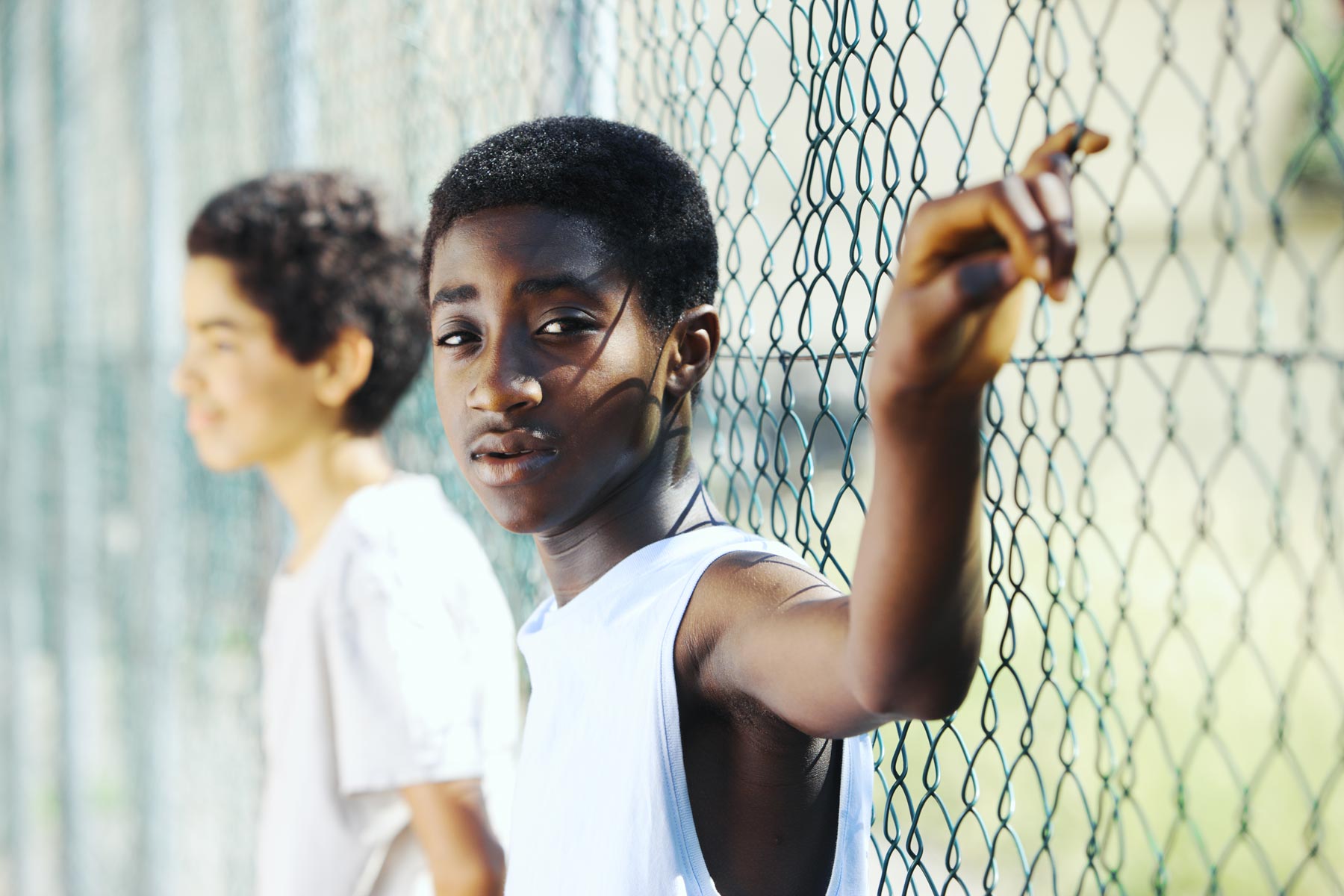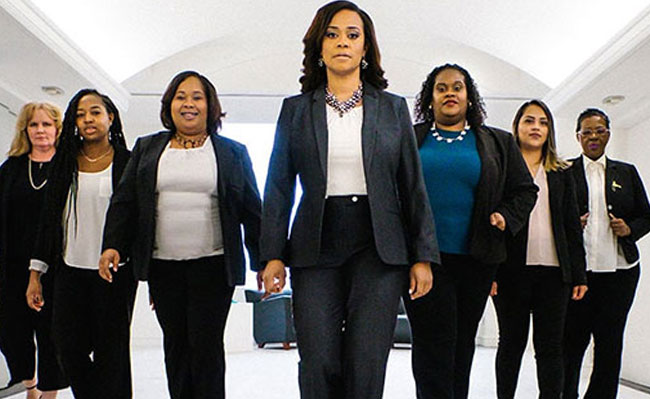Free Case Evaluation

Council & Associates LLC
Personal Injury Lawyers in Atlanta GA
An attractive nuisance, under Georgia law are items on someone’s property that are “inherently dangerous instrumentalities” that are attractive to children. Items such as swimming pools, trampolines, or any item that might draw a child to play on or has dangers. Georgia’s attractive nuisance doctrine and how it applies, can be quite complex.
The attractive nuisance doctrine is meant to only protect children who are trespassing and not adults. Children who are invited onto the property are not included in the attractive nuisance doctrine, but there are other legal avenues available in those cases, for example, negligence.
Elements to Prove Attractive Nuisance in Georgia.
Can you sue or be sued under this law in Georgia? In Georgia, the law provides that “[a] lawful possessor of land owes no duty of care to a trespasser except to refrain from causing a willful or wanton injury.” O.C.G.A. § 51-3-3(b) However, O.C.G.A §51-3-3(c) provides: “Georgia common law as it exists and is applied to the doctrine of attractive nuisance, in effect as of January 1, 2014, shall not be construed to be altered by this Code section.” In simpler terms, Georgia law protects your children under the common law principle of ‘attractive nuisance.’
The Supreme Court of Georgia adopted the components of an ‘attractive nuisance’ from the Second Restatement of Torts §339,1965. When the following five conditions are met, the person owning the property the ‘attractive nuisance’ was located on may be held liable for physical harm to any child who trespassed on the land.

The five elements are:
1.The possessor and/or owner of the land where the attractive nuisance exists knows or has a reason to know that children may trespass
2. The condition is one that the possessor and/or owner knows or has a reason to know or should be able to realize there is an unreasonable risk of death or serious injury to children who may trespass.
3. The children, because they are young, do not realize the risk that
may be involved in the area that is dangerous.
4. The work involved by the possessor/and or owner of the land by maintaining the condition and/or eliminating the danger is minimal when compared to the risk to the children
5. The owner and/or possessor of the land fails to use reasonable care to
eliminate the danger or to protect the children.
In Georgia, how ‘reasonable care’ is defined depends on the individual circumstances surrounding your case. For example, a swimming pool may have been properly fenced, but all of the conditions must be investigated to determine if the fence around the pool was enough reasonable care to eliminate any danger to a trespassing child.
Other potential ‘attractive nuisances’ to children may include farm equipment, construction sites, abandoned vehicles, animals, stairways, power stations, and train yards.
If your child was injured while trespassing on someone else’s property, you may be able to recover damages for your child’s injuries..
Cases involving serious injuries, or the death of your child are extremely emotional and important. Atlanta, Georgia attorney Lashonda Council, understands the complexities involved in child personal injury cases, and will be a strong, compassionate advocate for you and your child.
Every article should end with a call to action to generate new leads and clients. For example, “If you believe your child may have been injured as the result of negligence of a property owner, contact our firm at (404) 526-8857 or email us at info@thecouncilfirm.com to schedule your free case review.

OVER 200+ 5 GOOGLE REVIEWS
WHAT OUR CLIENTS SAY ABOUT US
Council & Associates, LLC 2024 © Powered by Matador Solutions - Sitemap
